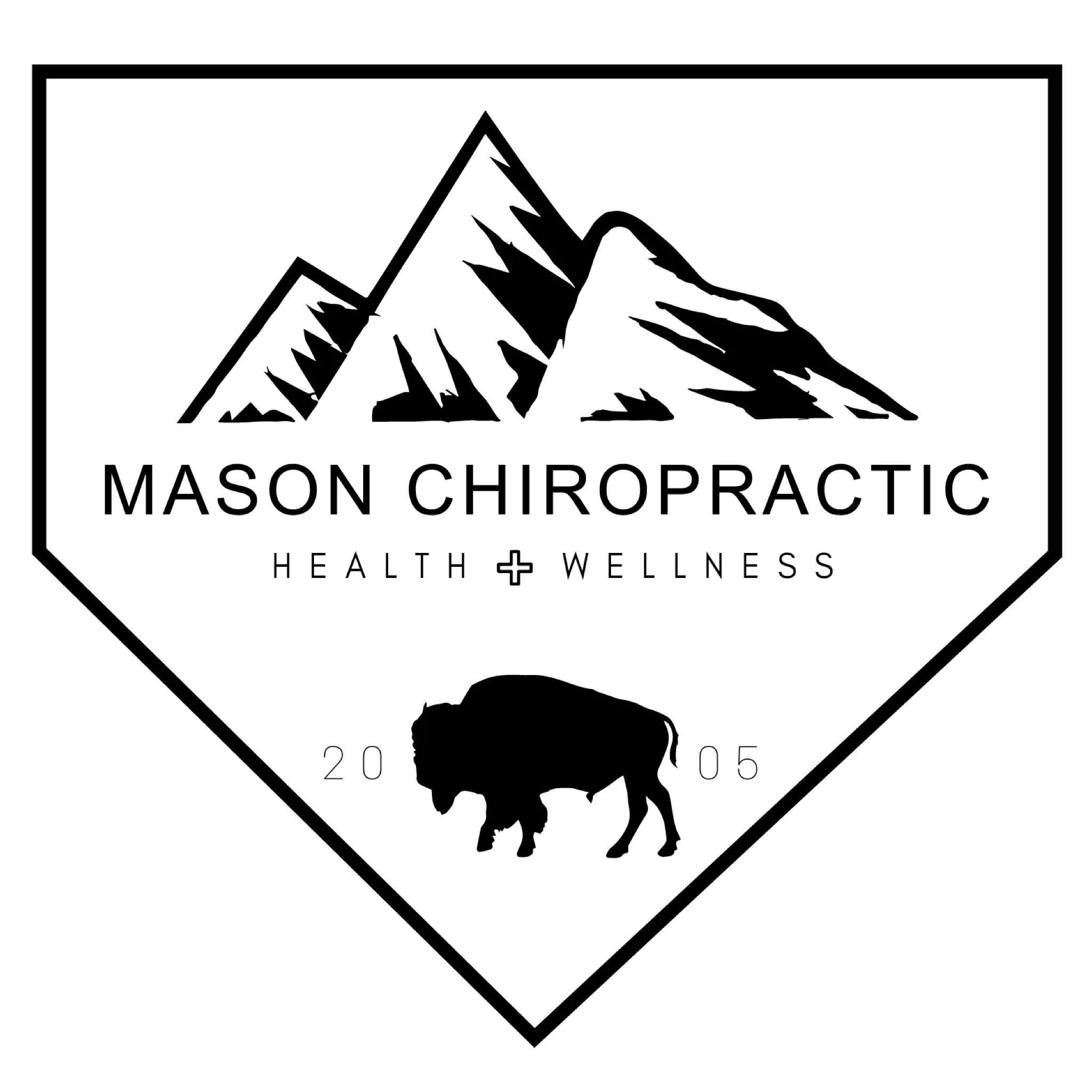It's that time of year. Time for flu shots. Or is it? At least that's what the signs are telling us. I'm sure you are beginning to see the "Get Your Flu Shot Here" banners posted around every pharmacy and walk-in medical clinic in town. I saw one walking into Target just yesterday. Every fall, thousands of people willingly get a flu shot (inactivated/dead strain) or the nasal mist version (live attenuated flu strain) without even questioning it. Why is that? I believe you should question it. I do. Stick with me here...
I think the majority of people that get the shot have a thought process something like this: "Everyone should get the flu shot or you will endanger your life and the lives of the people around you; I would rather get the shot than get the flu." At least that's what we are being told. Funny thing is, there are no studies that conclusively prove that flu shots actually work. Even the Center for Disease Control and Prevention doesn't provide an accurate estimate flu shot effectiveness.
It is my opinion, as with any medical treatment, the risks and benefits always need to be fully considered. Every so often I scour the literature for any reports of harm from flu vaccines and also to look at whether the data show that they were effective in preventing the flu. Here is my attempt to look at the risks and benefits...
Let's start with the risks... The manufacturers of flu vaccines combine three strains of inactivated (dead) flu viruses, along with preservatives. Most of the controversy surrounding vaccines has to do with whether the preservatives are safe. In some cases, they clearly are not. Mercury as part of the preservative thimerosol has received the most attention since it is a known neurotoxin, and it is still in some vaccines.1 At the very least, I recommend requesting thimerosol-free vaccines.
Some of the risks from vaccines however, may be due to the immune activation itself, or the long-term effects of live viruses that are sometimes used. For instance, Guillain-Barr Syndrome (GBS) is a neurological condition that can develop after having a bacterial or viral infection. It occurs when something goes wrong in the immune system and your protective nerve coatings known as myelin get attacked. There is a very low risk (something like one in a million) of getting GBS after receiving a flu vaccine.2
Some experts suspect that we will eventually find that vaccines greatly increase one's risks of neurological problems, but currently the risks are not known. There is a slight risk of serious allergic reactions; with flu vaccines, the rates of severe immediate reactions have been very rare. Injecting a flu vaccine straight into your muscles goes against the body's natural barriers. The skin, the mucus, all the systems and first line defenders that are intended to fight invaders first are directly bypassed. That just goes against nature in my opinion, and I would be willing to bet other neurological problems or reactions will become apparent over time.
And finally, another obvious risk (or maybe not so obvious?) of getting the flu shot is simply getting sick or ill. Injecting dead flu virus and all the preservatives and ingredients that come with the vaccine is a good way to compromise your immune system and allow something like a cold or virus to get you down. The nasal mist (a LIVE virus!) has a very good risk of giving you the flu. And let's be honest here, if you actually get the flu, sure it is a bummer to be down and ill for a few days to a week, but getting the flu will always be your best defense to getting it again. Your immune system develops true natural immunity instead of selective/artificial immunity, and that wins every time!

As to the benefits, (I couldn't find many) we have to first ask: Is the treatment effective? The answer is, not very. The three flu strains that go into the vaccine are chosen almost a year before flu season hits. Because the viruses mutate rapidly, the strains in the vaccines often don't match the actual viruses that come to your town each season. So, yes, it is basically a crap shoot to know if you are being injected with the proper strain. If so, you may decrease your chances of getting the flu, but not much...
How much? According to the CDC website: http://www.cdc.gov/flu/professionals/vaccination/effectivenessqa.htm, those that get the flu vaccine maybe decrease their chances by 40-50% if the strain picked is the exact strain you encounter. They show effectives numbers that range from 10% to 60% depending on the "laboratory" study. That sounds dicey, at best, to me.
Truth is, "It is not possible to predict how well the vaccine and circulating strains will be matched in advance of the influenza season, and how this match may affect vaccine effectiveness." -CDC.
Those considered to be at highest risk from flu are the elderly and young children. In those over age 70, flu vaccines did not reduce the number of deaths, but it is thought that it did reduce hospitalizations. A 2008 study of children aged 6 months to 5 years old found that the flu vaccine was not effective in any kids, regardless of age, where they live, or when they got vaccinated - and the most likely reason was because the vaccines didn't match the strains that actually hit.5
**Quote from the Flu Vaccine FLULAVAL Package: "there have been no controlled trials adequately demonstrating a decrease in influenza disease after vaccination with FLULAVAL.":
In 2006, the esteemed British Medical Journal looked at all the research behind flu shots and came up with some interesting conclusions:4
- The evidence shows that flu vaccines have little or no effect.
- There is little comparative evidence that the vaccines are safe.
- The authors noted a "gap" between guidelines that call for mass vaccination and the evidence to support those guidelines.
While everyone has to make their own decision, I can tell you that personally I do not take flu vaccines because I have serious reservations about the long-term neurological effects. Medical literature states that just because you get a flu vaccine doesn't mean you won't get the flu.
So regardless of whether you decide to vaccinate or not, it's a good idea to know other ways to protect yourself. First, make sure that you are taking measures to build a strong immune system. Staying well adjusted and keeping your nervous system in good shape goes a long way in terms of keeping your immune system firing on all cylinders. Nutritionally, Vitamin D, Vitamin C, Vitamin A, and Zinc all play important roles in the immune system. Zinc for instance causes your T killer cells to come to full maturity. So make sure you are taking in adequate amounts of these nutrients, via good food sources and a multivitamin. Core Health Reserve is a great multivitamin that I take daily. It is available here at the office. I would also recommend taking 5,000 iu of VitD per day, especially in the winter. Our Nutri-West HD3 is 5,000 iu per seving. It rocks!
In closing, hopefully I have made you think a little bit. I'm sure these kind of emails will raise some eyebrows, but I feel going agaisnt the grain is the only way to go when it comes to my health. I will not be getting the flu shot. Will you?
I want to leave you with a bit more visual aid for thought...
**Picture snapped at a pharmacy that promotes flu shots and requires all staff to get a shot:
**Quote from Dr. Jim White, MD and Chief Medical Operator at Integris Health in Oklahoma:
AND LAST BUT NOT LEAST...TWO VIDEOS I WANT TO SHARE:
This video is a (little over 8 minutes) is a good over view of what I said above with good references and studies quoted.
Flu Vaccine Exposed: Think Twice!

Flu Vaccine Exposed: Think Twice!
This video short video (under 2 mins) is a phone call into a flu shot vaccine manufacturer.
Do Flu Shots Work? Ask A Vaccine Manufacturer:
 |
| Do Flu Shots Work? Ask A Vaccine Manufacturer. |
References
- "Influenza Virus Vaccine Fluzone 2005-2006 Formula," package insert, Aventis Pasteur. (Company name has since changed to Sanofi Pasteur MSD.) Update Feb. 14 2006
- Haber P, et al. JAMA 2004;292:2478-2481.
- Associated Press, Feb. 15, 2008.
- Brit Med J, Oct. 28, 2006;333:912-915.
- Szilagyi PG, et al. Arch Pediatr Adolesc Med 2008;162(10):943-51.
- Br J Homeopathy 1998.
- Zakay-Rones Z, et al. J Alt Comp Med 1995;1(4): 361-369.
- Zakay-Rones Z, et al. J Internat Med Res 2004;32:132-140.




